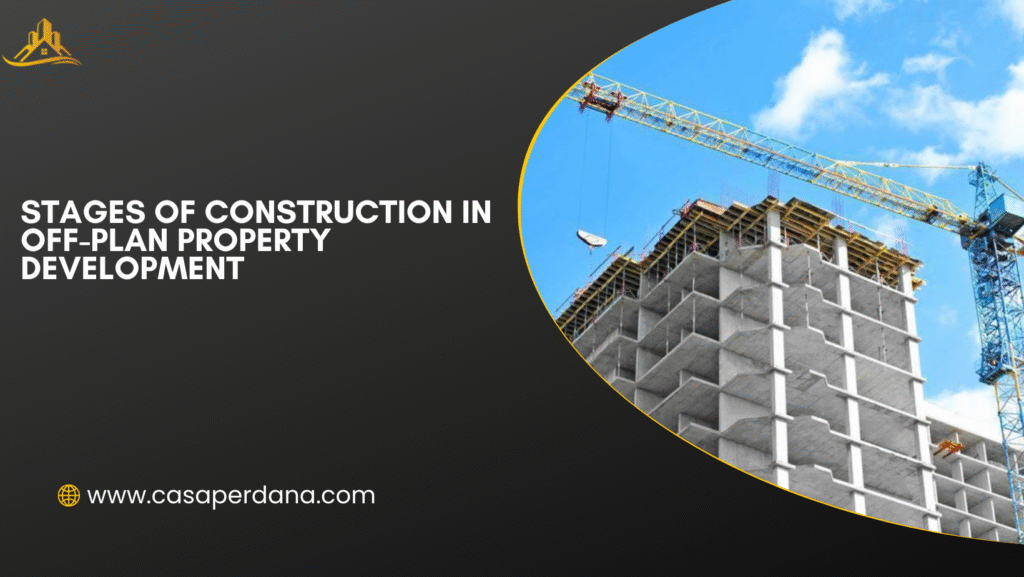Buying a property is one of the biggest financial commitments you’ll make, and choosing the right payment structure can make all the difference.

Whether you earn a fixed salary, run a business, or have seasonal income, the key is to align your payment plan with how and when money flows into your account.
This helps you avoid unnecessary stress or defaulting on payments. In this post, we’ll walk through practical tips to help you pick a structure that suits your income type and financial lifestyle, because homeownership should feel rewarding, not burdensome.
How to Choose a Payment Structure That Suits Your Income

Here are effective ways to choose a payment structure that suits your income:
1. Understand the Types of Payment Plans Available
Before choosing a plan, familiarize yourself with the common payment structures: outright payment, installment plans, and mortgage financing. Outright payment often comes with discounts but requires full capital upfront.
Installment plans let you pay over months or years, ideal for salaried earners or entrepreneurs. Mortgages are bank-backed and require good credit standing.
Understanding these options will help you determine which best suits your income style and long-term financial goals. Ask your developer or agent to explain the pros and cons of each option clearly before signing.
2. Assess Your Income Consistency
If your income is stable (like a monthly salary), you may be able to commit to fixed installment plans with predictable payment dates.
However, if your income is irregular or seasonal, say from freelancing or agriculture, you’ll need a more flexible plan. Some developers allow customized schedules, such as quarterly payments or milestone-based installments.
Always evaluate how consistent your cash inflow is before locking into a plan. It’s better to commit to a longer, manageable plan than to risk defaulting on a tight, aggressive one.
3. Know Your Monthly Financial Obligations
Understanding your financial obligations, rent, school fees, food, transportation, helps you know how much you can truly afford to commit monthly. Create a budget and calculate your surplus income.
A good rule of thumb is to allocate no more than 30–40% of your monthly income to property payments. If your surplus is low, look for low-entry or flexible payment options.
Don’t overstretch your budget just to own property. The right structure should support your lifestyle, not disrupt it.
4. Consider Developer-Financed Plans
Some developers offer in-house financing with minimal interest and longer repayment windows. These are great for buyers who don’t qualify for mortgages or want flexible repayment terms.
You might find 12, 18, or even 24-month plans without involving banks.
Ask if the plan includes hidden charges or penalties for early or late payments. If you’re self-employed or building credit, this may be your best option. Make sure the developer is credible and the project is duly approved to avoid risks.
5. Think About Long-Term Financial Goals
Will buying this property affect your ability to save, invest, or pay for your children’s education? The right payment plan should fit your broader financial goals.
If a tight plan hinders your long-term savings, it’s better to opt for a stretched, interest-free structure. You don’t want to own a home but be cash-strapped every month.
Think beyond the thrill of acquisition and focus on sustainability, choose a plan that gives you financial breathing space over time.
6. Ask About Payment Milestones
Many off-plan properties operate on milestone-based payments (for instance, foundation, roofing, finishing). This works well for buyers with fluctuating income. Rather than fixed monthly payments, you only pay when a construction phase is complete.
This can ease pressure and give you time to plan funds ahead. However, be sure to ask for a timeline so you’re not caught unprepared.
Also, ensure the developer adheres strictly to these milestones and doesn’t demand payment for incomplete stages.
7. Explore Mortgage Options
If you qualify for a mortgage, research banks that offer the best terms for real estate loans in Nigeria. Look for low-interest rates, long repayment periods, and minimal down payments. Banks like Zenith Bank, Access Bank, and FCMB offer home loan products tailored to different income levels.
However, mortgages require documentation, proof of income, and sometimes collateral. If your income is traceable and stable, this may be the best structure for you. Always compare at least three offers before committing.
8. Consult a Financial Advisor
Don’t make this decision alone. Consult a trusted financial advisor or real estate expert who understands your financial profile and property goals.
They can help you weigh your income stability, risk appetite, and payment options. Sometimes, emotions can cloud judgment, especially when you fall in love with a property.
An advisor offers an objective view and can recommend the most realistic and sustainable plan for your situation. Spending a little on advice now can save you from major financial mistakes later.
Related Searches:




